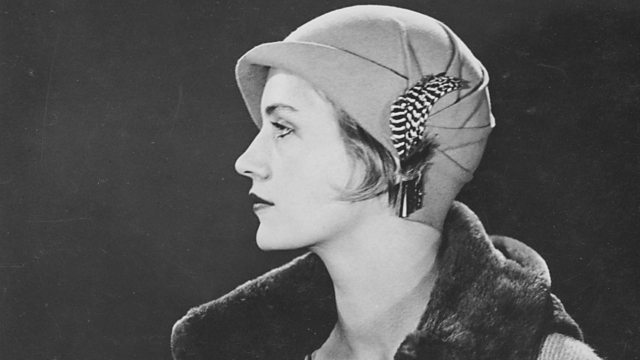So much can change in a short space of time. I started writing this before we were all talking about Barnard’s Castle and replacing eye tests with Wacky Racers style day trips and losing whatever sense of ‘all in this together’ we had to start with. It was always a fragile idea at best anyhow, talk to anyone in an inner city BAME community and they will tell you they weren’t invited to start off with.
Putting in the sofa work for this column, I found myself looking back at my viewing history and realising I have a bit of a thing for rebels. Maybe a childhood spent with a fan of spaghetti westerns and pirate films as a mother put me on this path, but I can’t resist a rabble rouser with a cause. Until this week rebels seemed like a fairly solid thing to like for a rock n roll type but, typically, the alt-right can’t resist muscling in and rebels are now far more complicated than they once were.
So, let’s pivot to non-conformists imbued with a sense of social justice. Bit woke but what the hell, seems a better idea to me than proving your individuality by mosying up to the Michigan state capital with an assault rifle to make a point.
Among all this doing the right thing and being part of a massive effort to save something that the very people talking to us have been taking apart for the past decade or so (the NHS in case you are wondering), it is the mavericks and the resistors who really make changes. Not a bloke educated at expensive schools and cosied in the political elite his entire life who has decided wearing shit hoodies and reading out the far right playbook constitutes radical thinking. Or the gang of second rate, second hand shape shifters who cluster around him. That’s why I like this stuff, it reminds me that we don’t always need to toe the line; that sometimes we have to go against the grain and can make real changes.
GODLESS (Netflix) is a Western curio of sorts. Cleverly inverting the traditional male cowboy hero to put Downton Abbey’s Lady Mary front and centre of a topline familiar white hats v black hats Western saga, the seven part miniseries was a big US hit but, given a seeming UK antipathy towards Western stories of late, didn’t really make much of an impression over here. It’s worth your time as that familiar opening plotline develops into a far more nuanced and multi-layered story that takes in the plight of the native American, the post Civil War status of black Americans, the exploitative nature of American expansion and the stark reality of how America was founded at the point of the gun whilst simultaneously learning from the lessons of the new Westerns in keeping their heroes (and heroines) flawed.
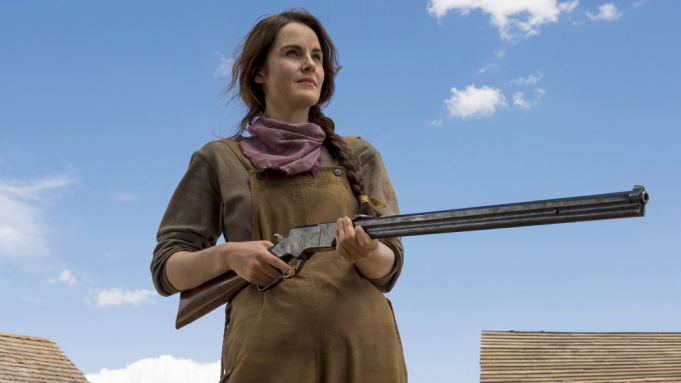
If that whets your appetite for the great American West then THE WEST (also on Netflix) is the ideal catch up history lesson. Exec produced by Ken Burns, whose remarkable THE CIVIL WAR is on Youtube and THE VIETNAM WAR is on Netflix, the lack of actual documentary footage of an 8 episode series of stories is solved through recreations, which is arguably the only downside. (The current vogue for history programmes to literally recreate what is being said tends to get on my nerves but maybe you are less prone to such snobbery). If the recreations get me down, the interviews with the likes of Stephen Ambrose, Terry Tempest Williams and former Texas governor Ann Richards make up for it. The ensemble cast cover everything from Custer and Little Big Horn to the James’ gang, Billy the Kid to Wyatt Earp alongside a great discussion of Sitting Bull, Crazy Horse and the heartbreaking story of native Americans, whilst considering many of the founding myths of America, not always accepting the approved version.
Less directly factual but based, nonetheless, on a quite fascinating story from the American Civil War, FREE STATE OF JONES (Amazon Prime) continues the US obsession with the Southern States response to abolition that also permeates the far better known, and less interesting if truth be told, COLD MOUNTAIN. Telling the story of Newton Knight, confederate deserter, anti-slavery champion and resistor of the confederacy, the film is, to some extent, a straight up rage against the machine rebel tale. Matthew McConaughey plays Knight with the requisite swagger to make him a believable hero and the film unwinds a decently paced story but the real clincher here is the sheer shock of the actual narrative; having been sold the idea of romantic slavers (Gone With The Wind), little people vs evil government (Gettysburg and Gods and Generals) and slavers by default (Cold Mountain again), to realise that the rebel South wasn’t awash with Dixie singing, banjo playing fascists is quite the eye opener.
The myths of America, especially those of the West, were written in part by incomers driven to the States by the behaviour of their original colonial overlord. Britain’s actions in both Scotland and Ireland created waves of immigration to the New World so it’s little surprise that three rebel stories from our side of the pond seem eerily similar to a lot of the above.
Amazon’s OUTLANDER seems to have been on Prime since its launch and I’ve certainly spent a lot of time making my way through the five series currently available. I’ve yet to talk to anyone else who watches it, yet it must do ok given the repeat series so if you are those watchers apologies in advance for what follows.

Tracing the journey of a demobbed WW2 nurse via a time travel mechanism back to rebellious Jacobite Scotland, Outlander is less about the sci fi and far more about the historical narrative. For one, the Jacobite rebellions are a particular favourite of mine – so doomed, so wrong in looking for the restoration of total monarchical power yet somehow so compelling – yet rarely the subject of TV drama. As an aside, the English civil war, outside of the peerless DEVIL’S WHORE (still on 4 On Demand and an absolute watch it now if you haven’t seen it) is a similar casualty of this weird TV exceptionalism. For another, the sheer scale and scope of the ambition of that recreation is awesome television viewing. You can almost smell the place. The loyalties of the Scots to their cause and resistance to the English oppressor are front and centre throughout and give a nice space for Jamie Fraser, our hero, to play within; the modern hero torn between feudal loyalty and a sense that the times they are a changing, driven on by his time travelling love interest Claire. Add to that a superb double performance from Tobias Menzies on either side of the time vortex, possibly trumping his star turn as Brutus in the godlike ROME (sadly not streaming anywhere in the UK at present on subscription packages), a side order of feminist politics expressed across the entire spectrum, including some very explicit yet not exploitative sex scenes, and you’ve got a decent Sunday night series for proper escapist thrills.
More directly political, and a tad slanted because of it, REBELLION on Netflix remains a compelling dramatization of the events leading to the 1916 Easter Rising and, in a second series, the fallout from the uprising as the rebels splinter in their approach to finding a lasting peace. The RTE series was the most expensive piece of television produced in Ireland and was timed to commemorate the centenary of the uprising so you expect a little bias in the treatment of the key protagonists but, for those who objected to the changes in the TV version of ‘Life and Fate’ from an earlier column, this one’s historical inaccuracies will drive you mad so avoid. For the rest of us, the focus on families caught on either side of the divide and the expression of belief in a better future and freedom through rebellion is, let’s face it, an eternally favourite story and this particular one is well told. As a Star Wars fan, I always like my baddies to be English.
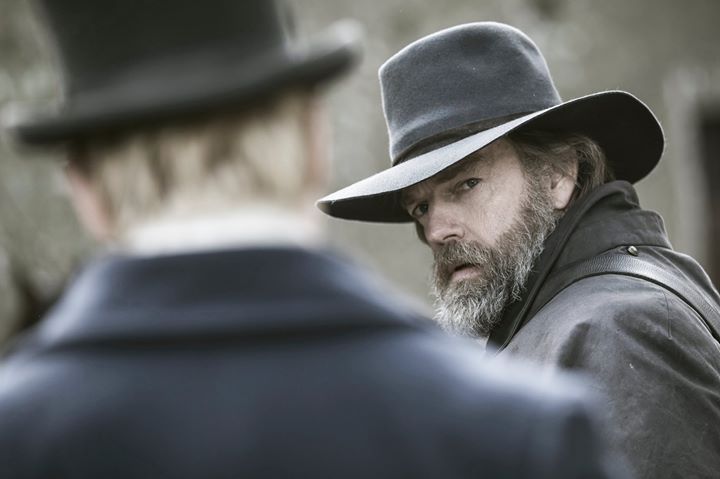
Less glossy, far more violent, arguably more compelling and undoubtedly a story worth telling, BLACK 47 (Netflix) is a 2018 film following the revenge journey of former British Army soldier Martin Feeney on his return to his native Ireland. Finding his family devastated by the actions of the English landowners and authorities, he embarks on a one man crusade for a very Old Testament reading of justice against the backdrop of an Ireland at the height of a Westminster government approved and enforced famine. If that all sounds a bit too ‘how many killings?’ I’m not doing it justice. At the heart of the film lie the questions of how the dispossessed gain justice, what does resistance look like and how real, lasting change can be achieved.
Every country has their version of the Western and, for Mexico, the Narcos are pretty much both the good guys and the bad guys. The Mexican relationship to their drug gangs is complicated, as demonstrated in a few previous picks on this guide but EL CHAPO (Netflix) is the undisputed John Wayne of their world. Any viewers of Narcos: Mexico will know elements of the Chapo story already but this three series extravaganza puts the stupendously violent, incredibly ingenious, genuinely adored and remarkably successful Guzman front and centre throughout, never quite deciding whether he is a hero or an anti-hero; which is very much in keeping with the Mexican way of thinking. As with much Mexican drama there is plenty of corruption, sex, betrayal and violence. The difference here is that the plot comes straight from real life, a point reinforced by the use of original TV reports and other footage from the time.
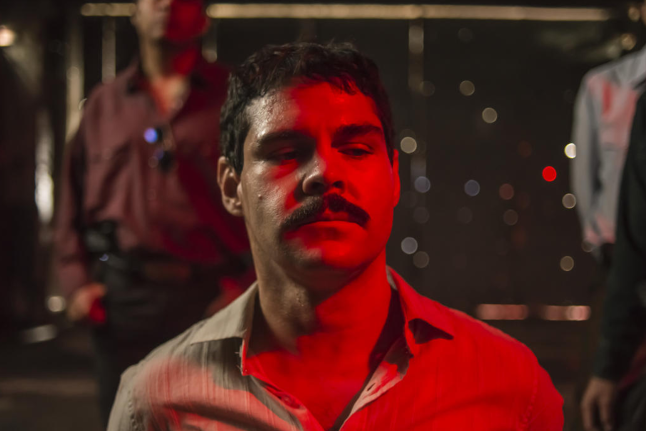
Another complete series that you can feast on full of rebels and English villains is BLACK SAILS (Amazon). I did promise you pirates after all.
A prequel to Treasure Island, one of my Top Ten favourite ever books, the four series are a feast for the eyes and the mind. Focused initially the disgraced former Royal Naval officer Captain Flint, played with panache by Toby Stephens, the plot expands rapidly, introducing a delectable cast of ne’er do wells and chancers who barrel their way around the West Indies sets causing chaos and mayhem wherever they go. It’s undoubtedly a romp, and all the better for it, but not brainless. Within many character’s story arcs are questions of morality, power and duty and the eventual payoff, 38 hours in, is satisfying, intelligent and symbolic of a well thought out epic. For comparison, and without adding spoilers, it’s the antithesis of Game Of Thrones shabby stumble to the finish line.
One final, and unexpected fictional rebel for this week. If you were casting for a lead to play the legendary US War of Independence spy Abraham Woodhull, leader of the Culper Ring, you would be unlikely to put Billy Elliot, aka Jamie Bell, at the top of your list. Yet Bell leads the cast of TURN (Amazon), a four series historical drive through the entire period, starting with the insurgency that will eventually lead to all out war and ending with the peace. The series is not exactly even handed with history, leading to a fair few criticisms, but is very good at leading with the overriding causes, conflicts and clashes that drove this crucial turning point in world history. If Season One can feel a bit slow, two to four pick up the pace and the development of the plot, so stick with it if you are not sure and have the time.
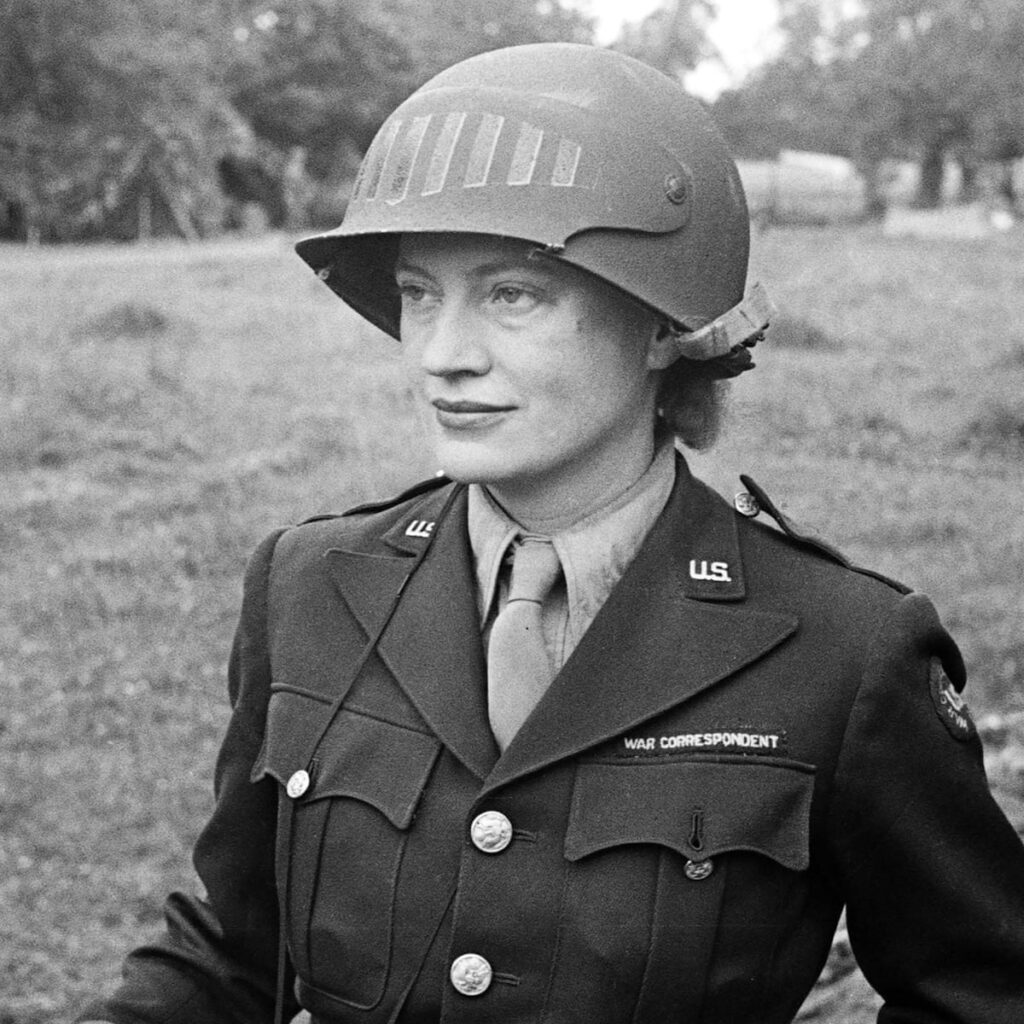
To end this week, we turn to a real life maverick and, to me, somewhat of a heroine. LEE MILLER – A LIFE ON THE FRONT LINE tells the story of the Vogue model, surrealist artist, muse of Man Ray and celebrated war photographer in full detail. Covering her entire life it traces her non-conformist pre-war days as part of the Left Bank set, through her time as a war correspondent in Western Europe and on to her post war traumas and challenges following her time covering the fall or Berlin and the liberation of the concentration camps. The interviews with her son are particularly remarkable, despite his mother being the subject of one of the most famous images of the end of the war – that’s her in Hitler’s bath tub in Munich – he knew nothing of her past life and only after her death did he discover that the ill-tempered, alcoholic woman he grew up with had been one of the trailblazers for feminism.
As ever, thank you for your suggestions for programmes and films to cover here, keep them coming.
Next time I’m thinking we’ll get political. The start of World War One, the corruption of the Bush era, media pressure to conform from the political establishment and a return to Germany’s troubled past and present artistic expressions all feature.
Lewis Jamieson

